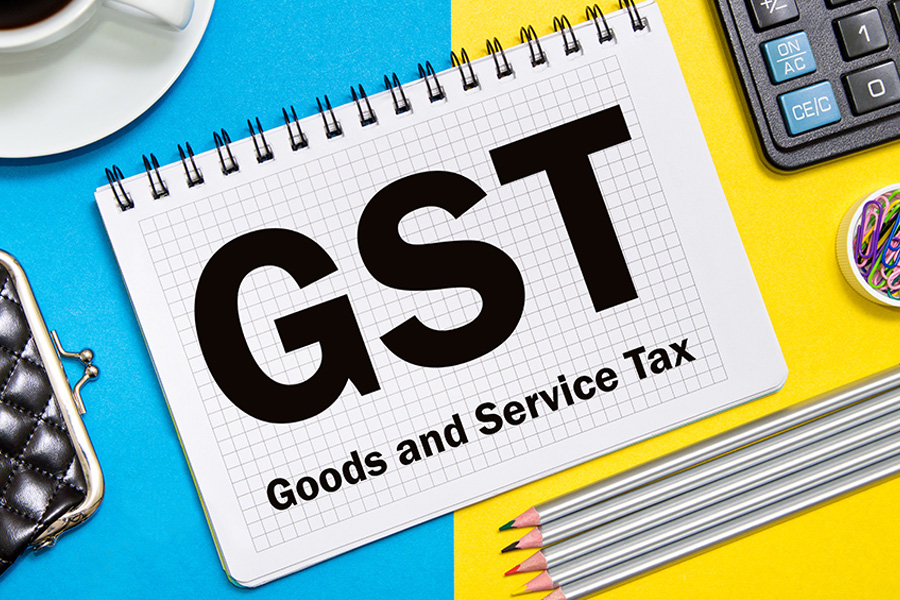
Why is the GST Tribunal a non-starter?
Why is the GST Tribunal a non-starter?
The absence of a viable appellate authority is a major lacuna of the GST regime that needs to be addressed immediately
The Goods and Services Tax (GST) law has come a long way since its inception. It has evolved through a long winding and rigorous path to effectuate critical legislative changes and its efficient administration.
Significant efforts have gone into transitioning the GST network to a robust GST compliance platform with gradual introductions of E-way bill and E-invoicing in a staggered manner and extensive use of data analytics to stop tax evasion and revenue leakages.
On the flip side, the GST law has been subjected to divergent interpretations by the taxpayers as well as the authorities, leading to numerous disputes mainly in the context of the levy, valuation, classification, creditability (including transitional credits), and refunds.
While the statute and the administration are gradually settling, the authorities have initiated an audit/scrutiny followed by enquiry and summons. Taxpayers are served notices on various disputed questions including inadvertent procedural errors (e.g., non-updation of Part B of the E-way bill] where there exists no mala fide intention. It is feared that there would be a multi-fold increase in litigations as the limitation period of three years [from the due date of the annual return) comes closer, after Covid-induced relaxations, for FY 2017-18 and 2018-19.
The authorities routinely invoke an extended period of limitation of five years on the grounds of suppression of facts, fraud, wilful misstatement, etc. It is noteworthy that the three-year limitation period is still available to the authorities to issue notices till June 2023 or September 2023 for FY 2017-18 and FY 2018-19, respectively.
Against this backdrop, a robust judicial mechanism/hierarchy is of utmost importance. An expeditious constitution of an appropriate appellate structure in the form of National and Sub-national Benches of the Tribunal is the need of the hour to provide an effective and speedy resolution of disputes. Despite five years since the introduction of GST, the GST Appellate Tribunal (GSTAT) has not been set up. Currently, taxpayers who are aggrieved by adverse orders passed by the authorities are compelled to approach High Courts for redress. The expeditious constitution of GSTAT is expected to guarantee uniformity pan India and faster redress of grievances.
After taking cognisance of notices received from the Apex Court, the GST Council has deliberated the changes required in the GST law pertaining to the set-up of the Tribunal. A Group of Ministers [GoM] was constituted to recommend necessary amendments required in the GST laws. However, there is limited progress and even the recently concluded GST Council meeting, did not take up the matter.
Matters involving the interpretation of law or industry-specific practices have found their way to High Courts through writ in absence of GST Tribunals. Without an ultimate fact-finding authority in the form of GTAT in place, knocking on the doors of High Courts is not viable.
While the Tribunal is stillborn, taxpayers are compelled to evaluate the appropriateness of resorting to appellate remedy based on the merits, monetary impact and the impending exposure to potential revenue recovery proceedings by authorities.
It is time that the GST Tribunal takes birth without further delay and starts addressing the mounting litigations, expeditiously.






